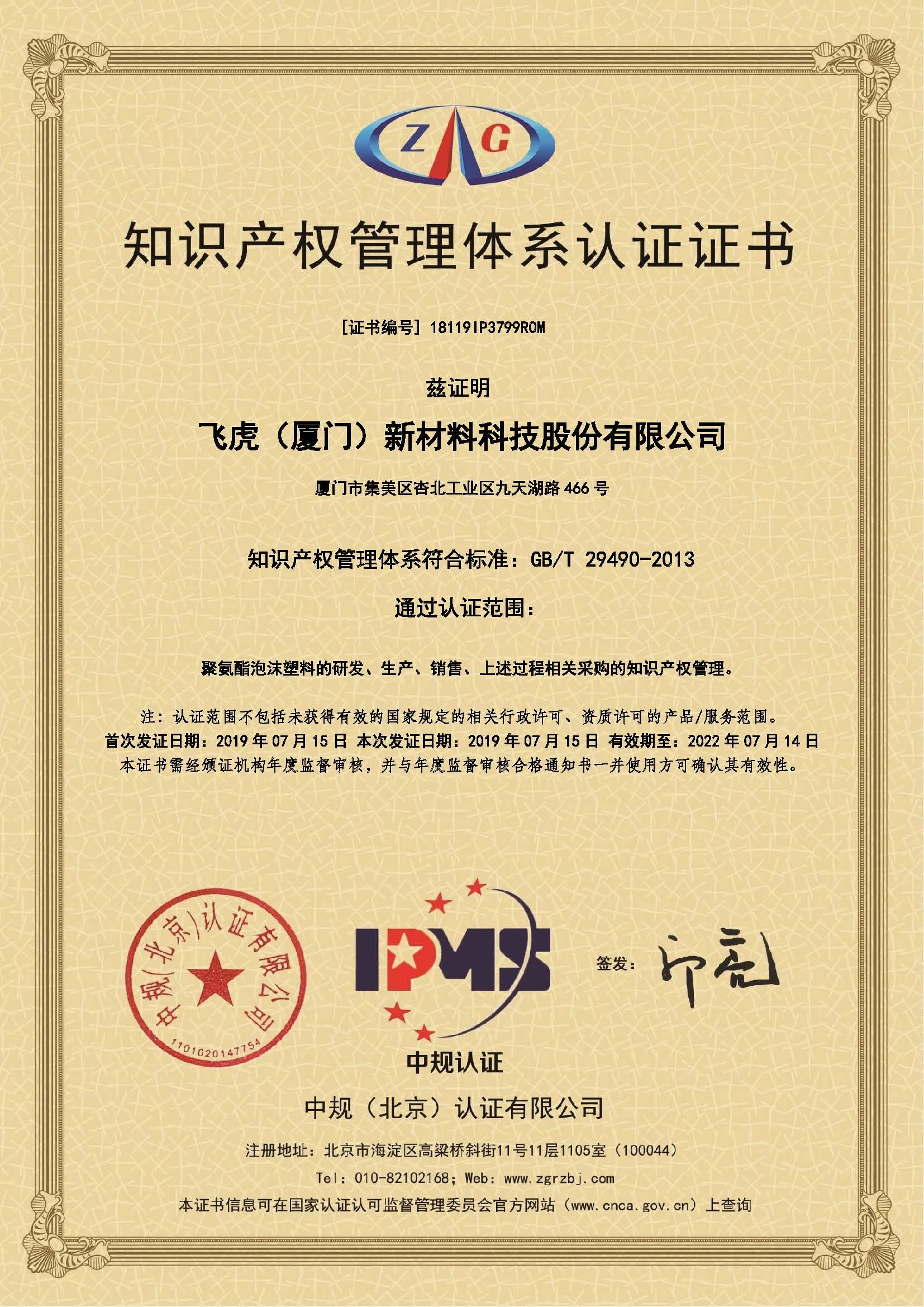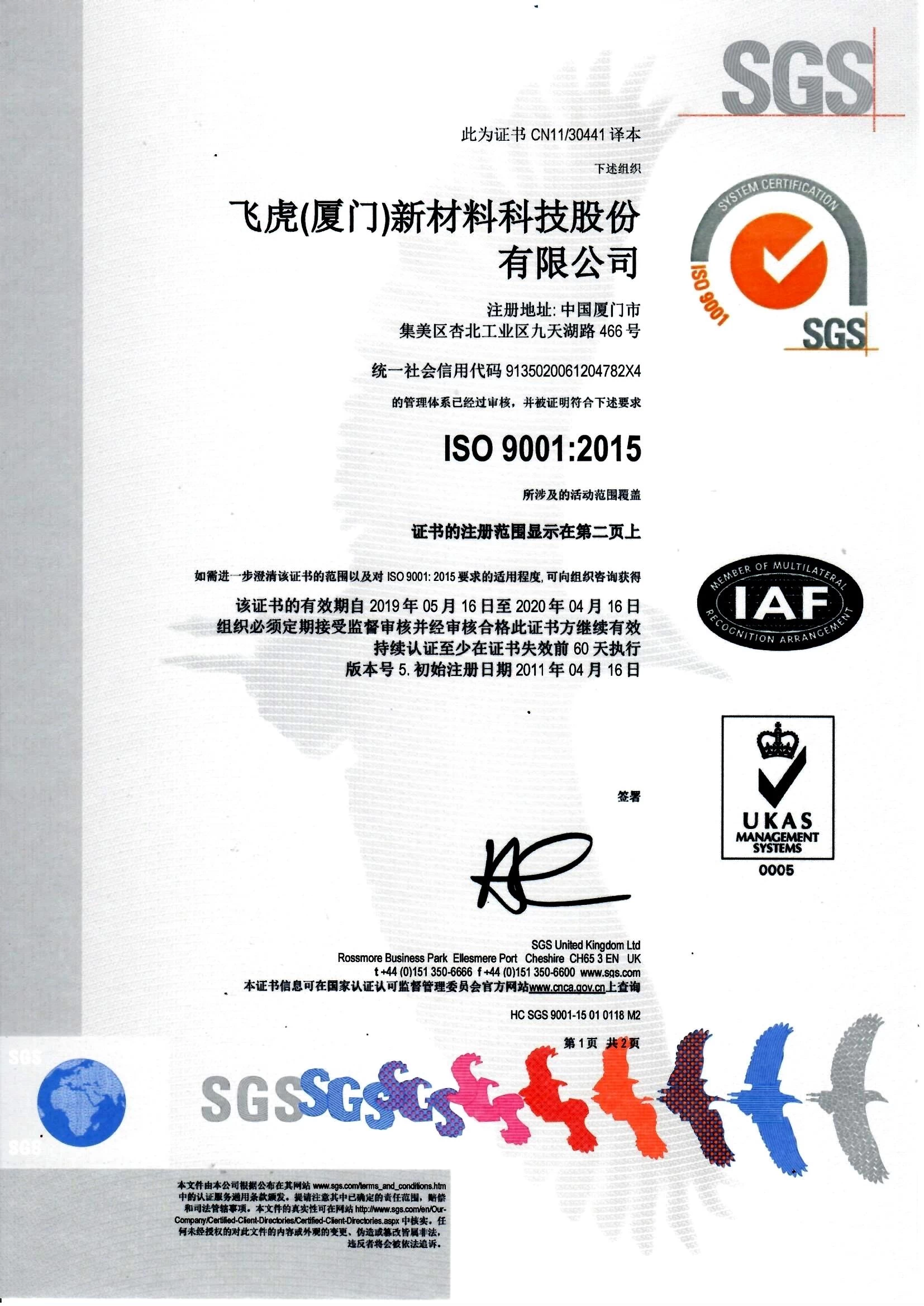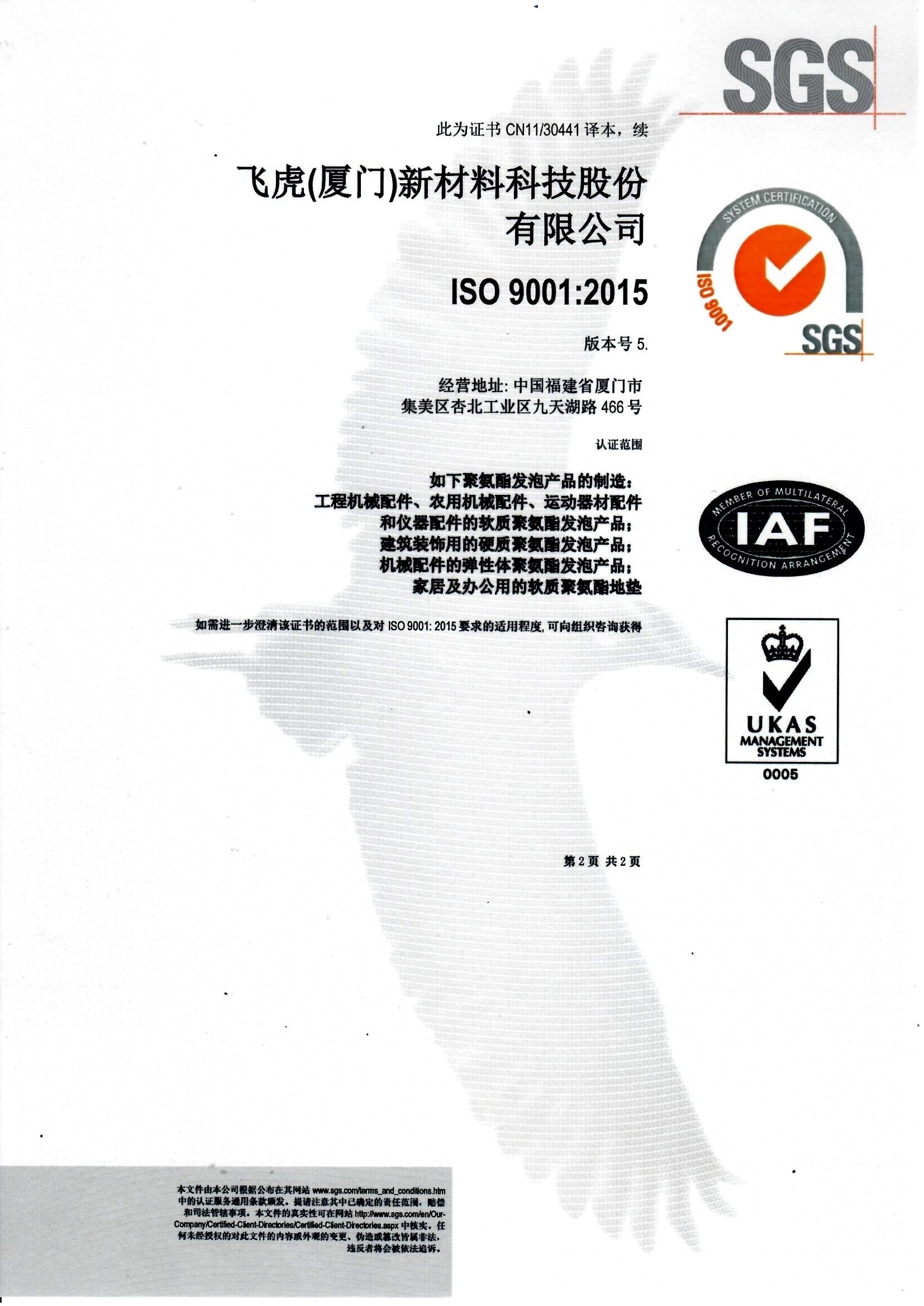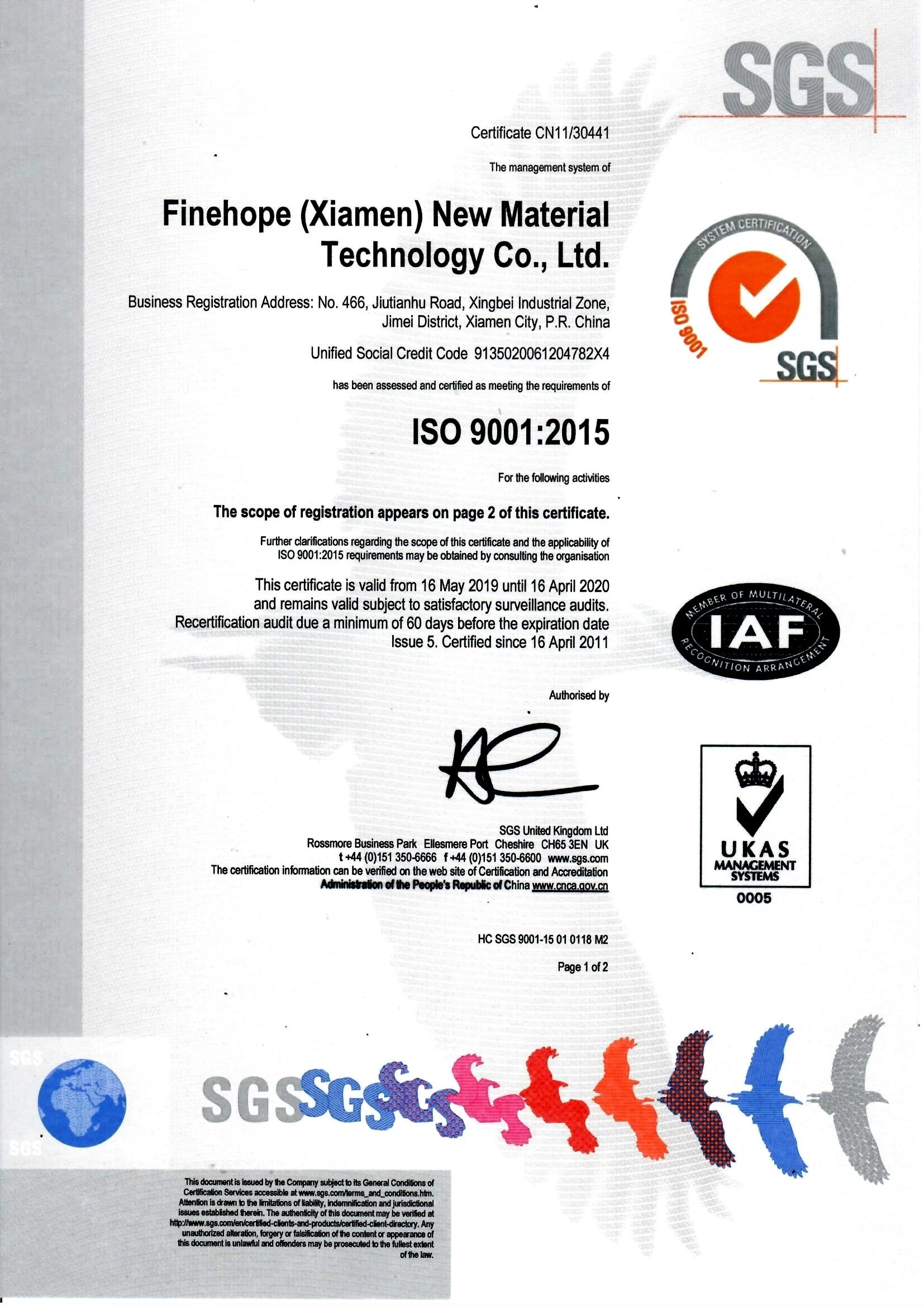Is on and off duty bad to our health
BBC News – Studies show that the growing distance between where we work and where we live can lead to burnout, poor sleeping habits, social isolation and even emotional problems for our children. Yet, newer research boldly argues that travelling to work could actually be a pretty important buffer separating home life from work life.
An international team of researchers surveyed 225 employees of a large media company in London earlier this year and found that the longer they commuted, the less happy and emotionally satisfied they were with their jobs. However, this negative relationship between commute time and job satisfaction didn’t exist for people who scored higher in one trait: self-control.
People who have higher levels of self-control might ask themselves a series of questions on the morning commute, such as: What do I need to do today? How does that fit in with what I have to do this week? And will this play into my overall career goals?
By doing this for a few minutes each day on the morning commute, the study showed that people are better equipped to transition both psychologically and temporally from their home role (as a father, mother or housemate) to their work role (as a boss, subordinate or colleague) and, consequently, report fewer feelings of stress or burnout.
While those of us who don’t drive to work may instead find time to read, answer emails or space out during our commute, it turns out, the solitary and unsociable way we behave on mass transit could actually be detrimental.
Lain Gately, author of the book Rush Hour argued that we very frequently travel in conditions that would be considered inhumane for livestock…“We don’t really treat people as people. We treat them as if they’re part of the furniture.” That might help us to deal with overcrowding, but research shows it could be part of the reason our commutes feel so stressful.
Nicholas Epley, a professor of behavioural science at the University of Chicago in the US, said there’s a social paradox that plays out on trains and buses around the world every morning when commuters mistakenly seek solitude.
Epley said humans are extremely social animals who crave connectivity, yet we vastly underestimate how interested strangers would be in talking to us…He suggested leading with a compliment or observation as a potential icebreaker, and said his experiments suggest “both extroverts and introverts might be surprisingly happier if they were just a little bit more social than they are right now.”
Related news:
- Polyurethane best anti fatigue floor mats antifatigue kitchen mats, anti slip stair mats anti slip mats for stairs, anti slip mat for kitchen
- Polyurethane no slip bath mat non skid mat floor foam mats cushioned kitchen mats cushion mat
- wrought iron balcony balustrade.exterior balustrades.terrace balustrade.iron balustrade
- balustrades for sale.balustrade outdoor.stainless steel balustrade.decorative balustrade
- baluster mold,stair baluster,railing baluster,balcony baluster


















